Reflections on McCain’s legacy
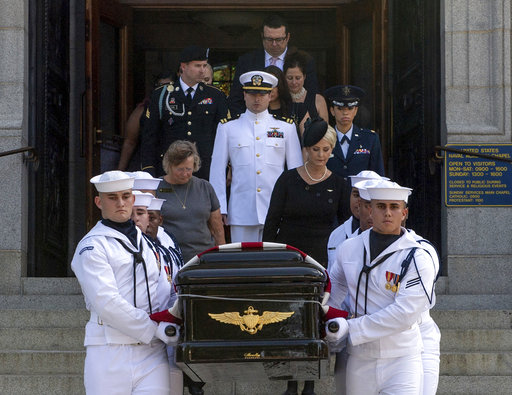
In this image provided by the U.S. Navy, Navy Body Bearers walk with the casket of Sen. John McCain, R-Ariz., followed by family members including Cindy McCain, to place it onto a horse-drawn caisson after his funeral service at the United States Naval Academy Chapel, Sunday, Sept. 2, 2018, in Annapolis, Md. McCain was buried in the cemetery at the Naval Academy. (Mass Communication Specialist 2nd Class Nathan Burke/U.S. Navy via AP)
“The dark does not destroy the light; it defines it.” – Brene Brown
Raindrops leaked from the sky, tumbling into the uncharacteristic vacuum of silence engulfing Washington.
A muddy mix of church bells only intensified the notion that time had stopped. Senator John McCain passed away last Saturday, leaving his beloved country in mourning of the ideals he so steadfastly embodied.
His children walked behind the casket as Cindy McCain, his wife, laid a wreath at the Vietnam Veterans’ memorial. The late senator often spoke of the lessons learned from his military service, devoting much of his career to the service of American veterans.
Once inside the National Cathedral, McCain’s legacy was cemented by a myriad of friends and political figures of his choosing, both Republicans and Democrats. President Trump was absent.
One by one, McCain was eulogized by those closest to him. Emotion seeped into every word of his daughter Meghan’s impassioned speech:
“We gather to mourn the passing of American greatness, the real thing, not cheap rhetoric from men who will never come near the sacrifice. . . John McCain was not defined by prison, by the Navy, by the Senate, by the Republican Party or by any single one of the deeds in his absolutely extraordinary life. John McCain was defined by love.”
Wiping tears from her eyes, Ms. McCain attributed not only her personality, but the essence of her life and career to her father’s guidance and strength of character.
Shortly after, former President Obama reaffirmed the senator’s ideals as central to American patriotism, commenting that “John understood. . . that what makes our country great is that our membership is based not on our blood line, not on what we look like, what our last names are, not based on where our parents or grandparents came from. . .but on adherence to a common creed that all of us are created equal.”
Said former senator Joseph Lieberman (D-CT), “the name John McCain based on the actions of the man John McCain had become a source of hope and inspiration for oppressed people throughout the world, as it was a source of security for allied countries that share our values.” Known as the “three amigos,” Lieberman, McCain, and Senator Lindsey Graham’s highly publicized, unwaveringly bipartisan bond was the stuff of political lore, a rare relic of a gentler time where partisanship deferred to friendship.
Perhaps the most profound tribute was found in the eulogy of former president George W. Bush, quoted here:
“[John McCain] was motivated by a vision of America carried ever forward, ever upward, on the strength of its principles. He saw our country not only as a physical place or power but as the carrier of enduring human aspirations.”
Through the ferment and formalities, one thing became very clear: the United States lost more than a senator last Saturday. We’ve lost an icon – a maverick, a warrior, a once-in-a-lifetime manifestation of the American spirit.
Rest In Patriotism, senator.






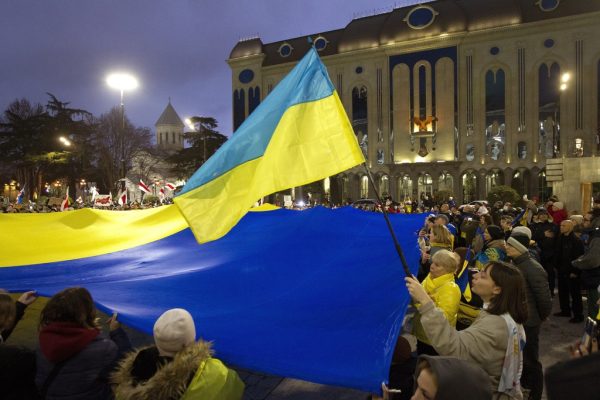
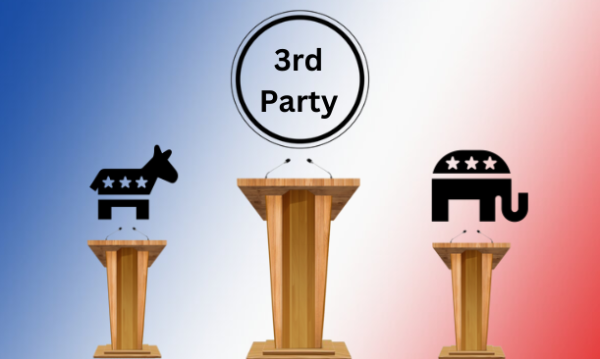

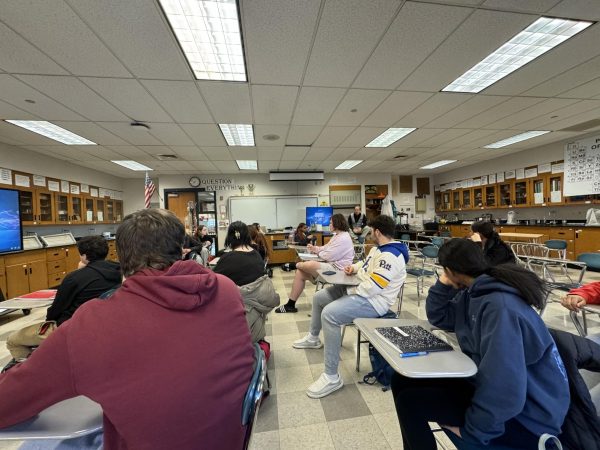

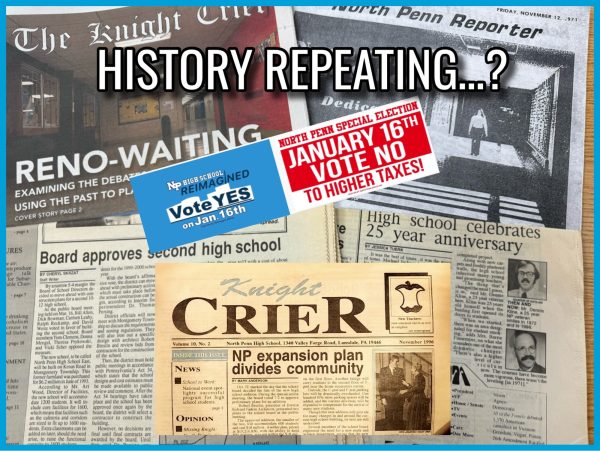
Mrs. Kratz • Sep 7, 2018 at 1:53 pm
This article literally gave me the chills. Strong style and voice. Love your opening — and ending. You perfectly captured the mood of this historic day. Keep writing!